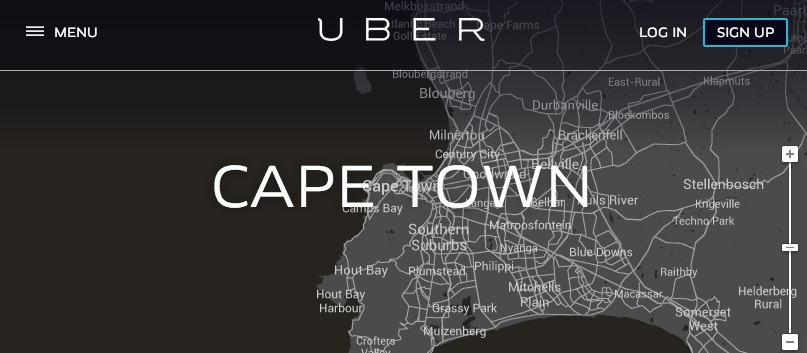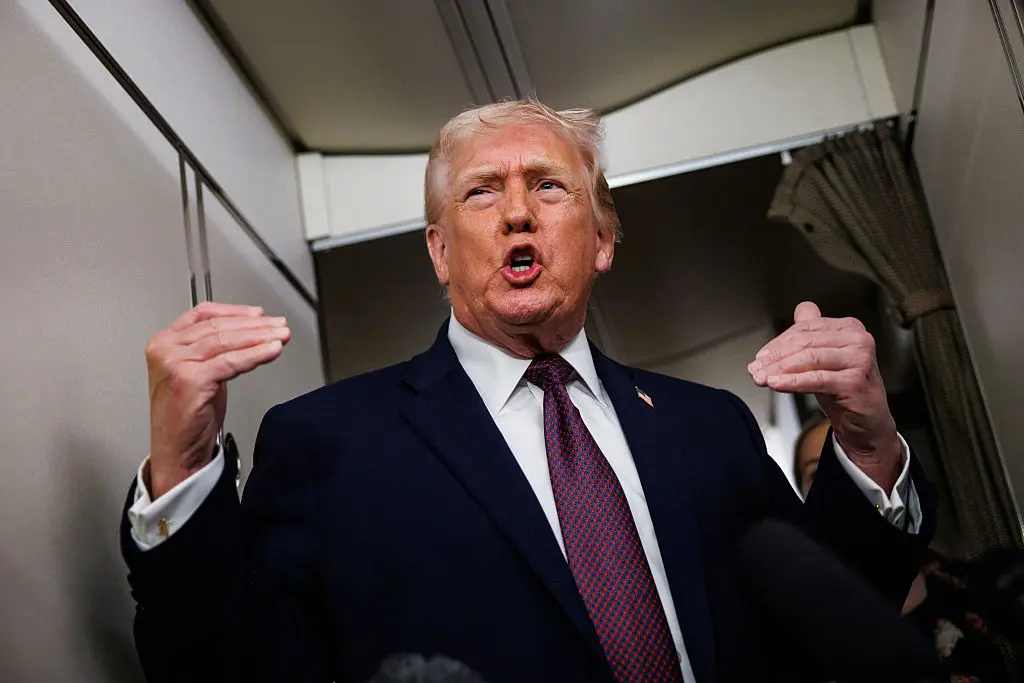Traffic Police siezed over thirty Uber vehicles for not having the required public transport permits in Cape Town, South Africa.
Police started seizing cars on the 3rd of January in the Western Cape Province. The drivers who had their cars seized were charged fines of 1,500 rand ($128) and a 7,500-rand vehicle release fee, Fin24 reported, citing Richard Bosman, the city’s manager for safety and security.
Tensions around Uber in the Western Cape Province have been evident since early 2014. According to Ventureburn, taxi drivers who used Uber reported being told by the Western Cape Metered Taxi Council to desist from operating on the service, or risk confiscation of their taxi licences.
Responding to the recent siezures, Alon Lits, General manager for Uber in Johannesburg, said that a dialogue has been on with the City of Cape Town over what category of license or permit is appropriate for the service.
Regulators in Johannesburg put Uber, an app-based transportation network into a chartered-services operating license category which has fewer requirements than metered taxis, Lits added.
Uber has come under fire in recent months from media and regulatory bodies and endured increased scrutiny of its operations and business practices from regulatory bodies in the markets in which it operates. Asides two cities in South Africa, Uber is also present in Lagos and recently Cairo where it has commenced and carried on business unopposed.
UPDATE: January 8th 2015, Lindsey Elkin, Marketing manager at Uber Inc. revealed in a post that “Regulations that govern transport across South Africa were written before the era of the smartphone. We’re eager to work with regulators so that Uber clearly fits within a licensing category going forward, and have engaged with municipal, provincial and national authorities responsible for the creation of this legislation. In the interim, we’ve chosen to focus our efforts on ensuring customers have access to the most reliable, transparently priced and safest transport option in the cities we operate in, in addition to making sure drivers have increased economic opportunity”.
Bankole Oluwafemi contributed to this report.











